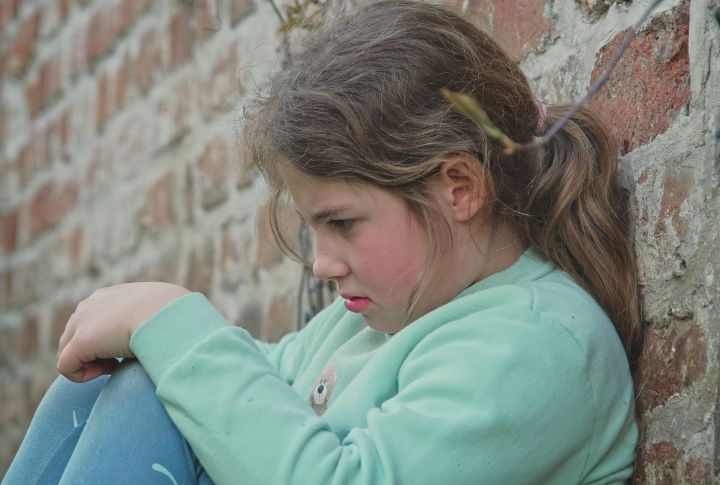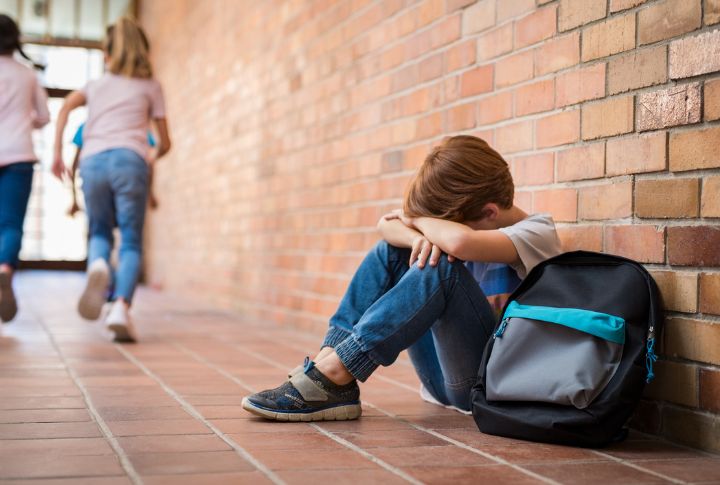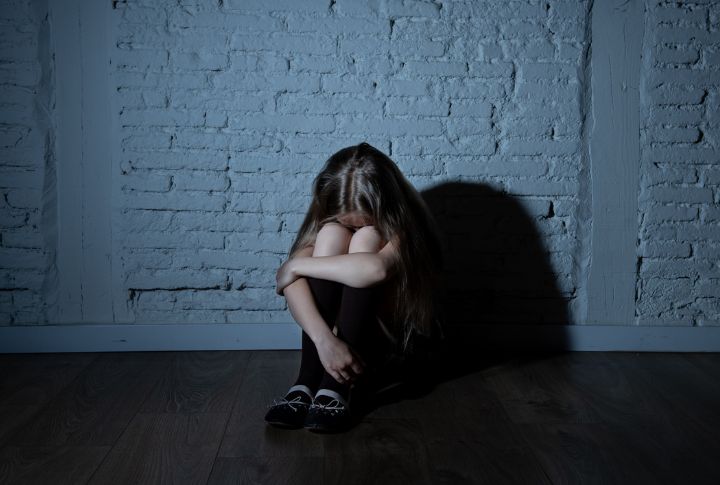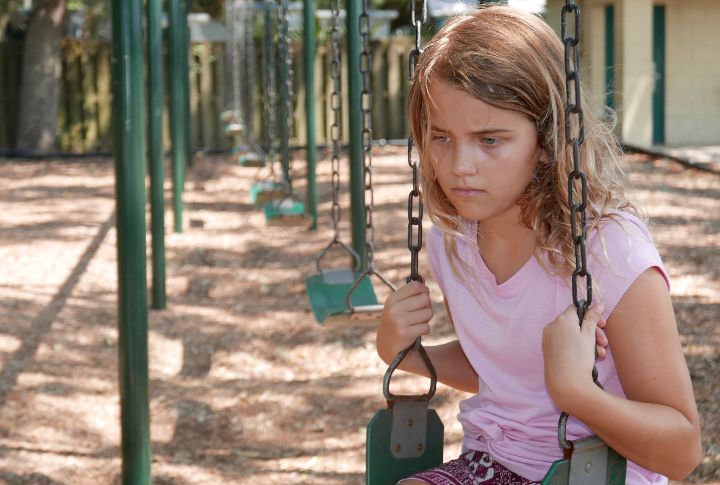
Growing up without a father can profoundly impact a child’s development and life experience. In their absence, mothers may have to overwork to provide and may not always be present, which can worsen things. While every individual’s journey is unique, certain challenges and patterns often emerge among those raised in fatherless households. These pages expose 15 ways that growing up without a father can affect a child.
Identity Struggles

Children may struggle to develop a strong sense of identity without a father figure. This role model isn’t around to help shape their understanding of themselves and their place in the world, making them unsure of their identity.
Emotional Challenges

Growing up fatherless can make a child feel like they were abandoned and make them emotionally unstable. These children might struggle with trusting others and miss out on beautiful relationships.
Behavioral Issues

Sometimes, children without fathers may exhibit behavioral problems such as aggression, delinquency, and defiance, and these could be to hide their fears. It can also be because of the lack of a paternal figure to instill discipline and guidance.
Academic Difficulties

It’s common for children growing up without a father to face academic challenges. They may have lower grades, be likelier to drop out, and have less interest in school, partly due to no support and encouragement.
Economic Hardship

Single-parent households, particularly those headed by mothers, are more likely to face financial difficulties. This can limit access to resources, opportunities, and experiences necessary for development.
Social Adjustment Issues

Fatherless children may struggle with social interactions. Forming friendships or fitting in with peers will become difficult, and they may feel socially isolated.
Substance Abuse

The absence of a father figure is linked to a higher risk of substance abuse. These children might turn to drugs or alcohol to cope with their emotional pain or because they lack parental supervision.
Mental Health Problems

Children without fathers are at a greater risk of mental health troubles like depression, anxiety, and even suicidal tendencies. It’s worse when there is no emotional support and guidance to curb the problems.
Early Parenthood

There are indications that fatherless girls are more likely to become teenage mothers. Because a good male role model is absent, they can seek affection and validation through early sexual relationships.
Lower Self-Worth

Without a father’s affirmation, children might develop low self-worth. They may find it challenging to believe in their abilities and may constantly seek approval from others.
Perception of Marriage and Family

The experience of growing up without a father can shape a child’s perception of marriage and family life. It can make them live with doubts about the stability of family units or fears of repeating their parent’s mistakes.
Influence of Other Male Figures

Fatherless children may seek other male figures, such as uncles, grandfathers, coaches, or teachers, to fill the gap. The influence of these figures can be positive or negative, depending on what kind of relationship it is.
Hyper-Masculinity

Boys without fathers can overcompensate by adopting hyper-masculine traits. This can manifest as aggression, dominance, and a reluctance to show vulnerability, which aren’t healthy for them and others around them.
Increased Responsibilities

When a father is not present, children often take on more responsibilities at home. They may have to help with household chores, look after younger siblings, or support their single parent, which can mature them quickly and add stress.
Increased Resilience

On a positive note, growing up without a father can foster resilience. These individuals often develop a strong sense of independence, self-reliance, and the ability to overcome adversity.
